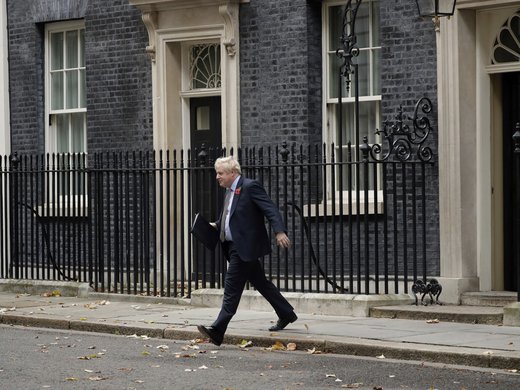This paper covers four main areas: the motivation for capital markets union (CMU) and the expected benefits for the functioning of the European economy and financial system; the road map for its implementation and the obstacles and challenges the CMU project is facing in view of the Brexit vote; the role of the European Securities and Markets Authority versus national supervisors; and the steps taken so far in implementing the European Commission’s action plan aimed at identifying and removing obstacles to cross-border capital markets transactions, as well as the policy priorities and the sequencing of reforms given the complexity of the task ahead. The paper concludes that Brexit clearly represents a setback, as the United Kingdom has by far the deepest and most liquid capital markets in the European Union, but it also provides an opportunity to launch a more ambitious CMU agenda encompassing the remaining 27 EU members.


